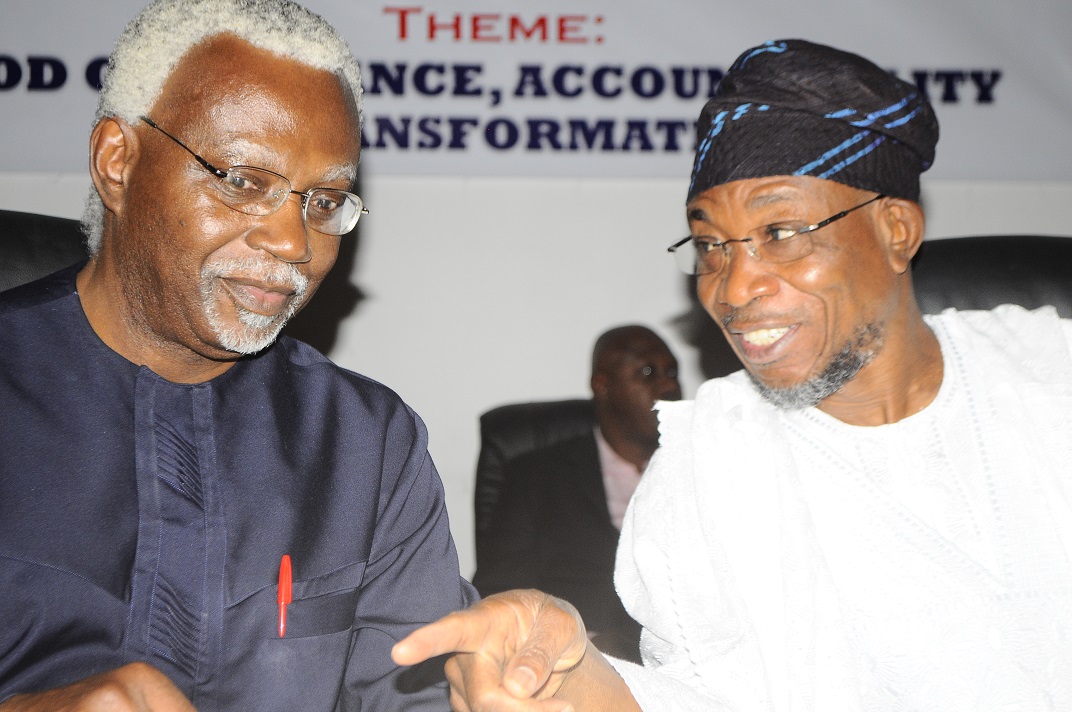
Osun Advocates Regional Or Zoning System
 The present 36 states that make up federating units of Nigeria are defective as they were not arrived at on the basis of any rational, cultural, linguistic, political or economic parameters.
The present 36 states that make up federating units of Nigeria are defective as they were not arrived at on the basis of any rational, cultural, linguistic, political or economic parameters.
The states were products of whims, caprices and hegemonic designs of privileged past Heads of State or Presidents, who used their position to the advantage of their people.
This position was contained in the report of the Osun State Committee on the review of the 1999 Constitution of the Federal Republic of Nigeria made available to newsmen in Osogbo at the weekend.
As a panacea to the defect, the state recommended the adoption of regional or zonal structure, which should be accorded constitutional recognition.
It was also agreed that each region or zone should have its own constitution or be constitutionally empowered to enter into such agreements on administrative, economic and other activities as may be approved by their State House of Assembly.
On the creation of additional states, the state agreed that rather than creating more states, the existing ones should be synergised into regions, which will allow them to tap each other’s resources and strength for faster growth.
“This position, we hold in recognition of our agitation for geo-political zone and devolution of power”.
On the proposed role of traditional rulers in the new proposed constitution for the country, it was agreed that in view of the fact that traditional rulers must be respected as the custodian of custom and culture of the people and because of the historical and cultural values bestowed on the traditional institutions, which must be at all be protected, it was advocated that the call for constitutional role for traditional rulers is unnecessary and uncalled for.
It was argued that this is because the jurisdiction of each traditional ruler is restricted to his local government area, or a part therefore, with respect to their Majesties.
It was further argued that since Nigeria, being a multi-ethnic, multi-cultural country, which precludes it from having a unified traditional system, it is therefore submitted that the Federal Government should not accord or include any role for the traditional institution.
“At best, each State House of Assembly should, in pursuance of its residual power, make such laws as it may deem fit to accord honour and specific responsibility to its traditional institutions.
DAILY INDEPENDENT



